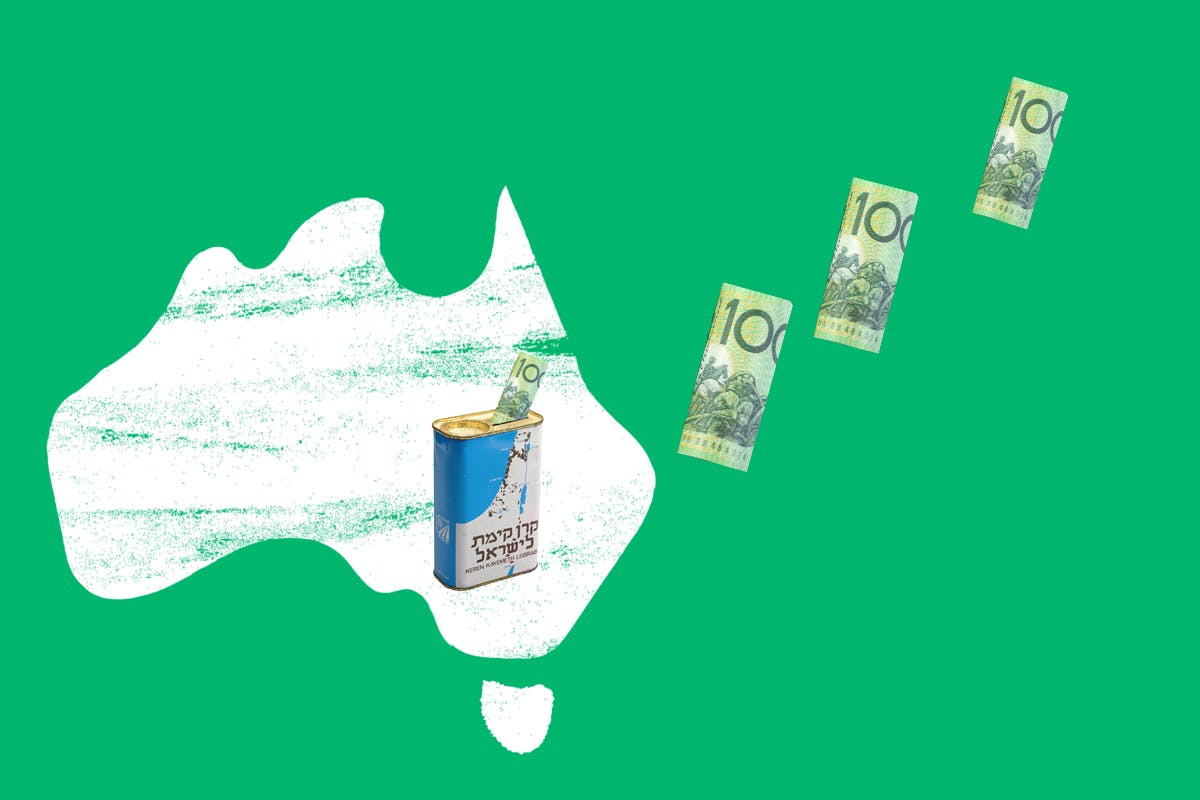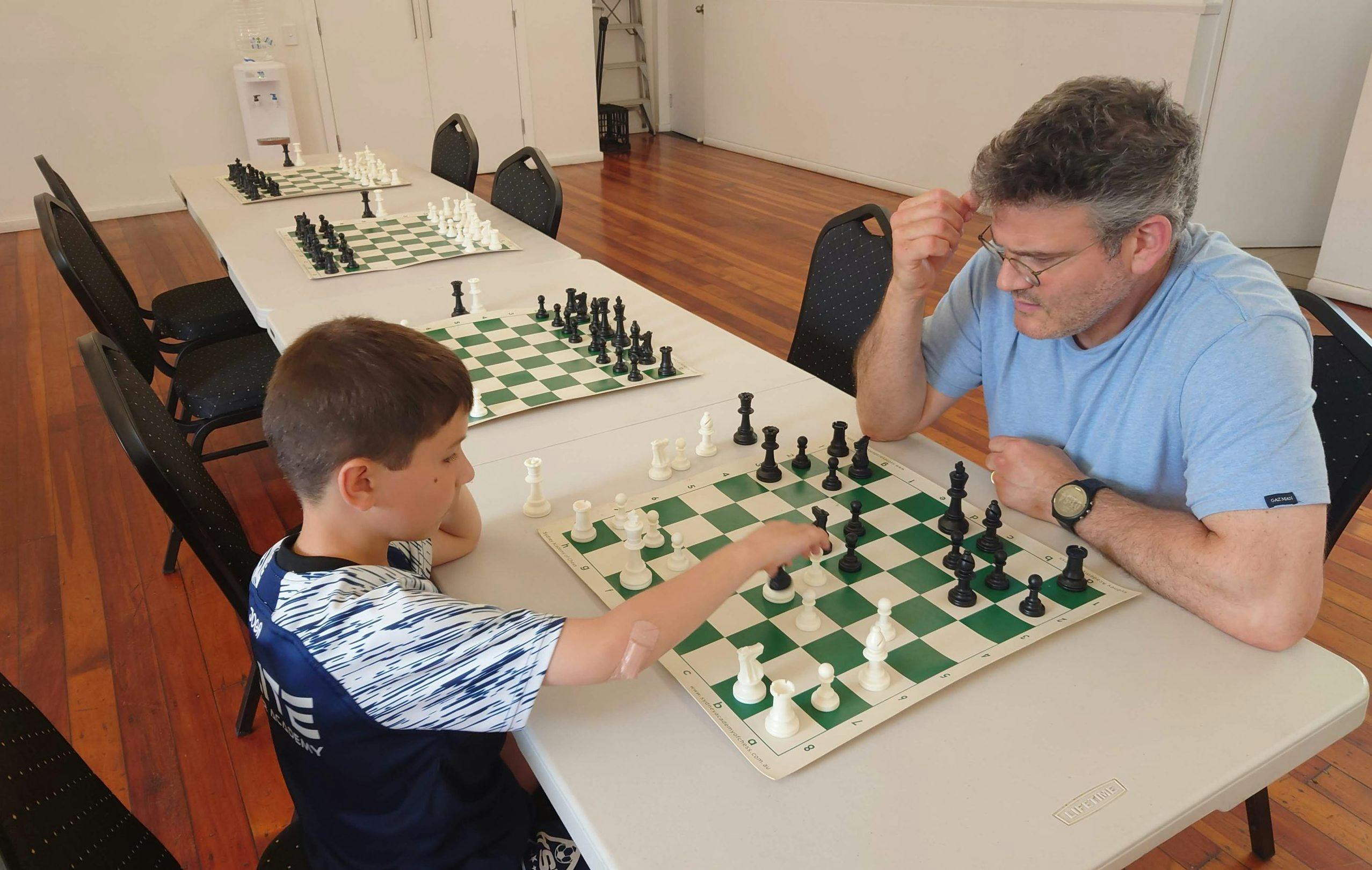Published: 20 November 2017
Last updated: 4 March 2024
The Israelis will not give him, nor his grandfather, a permit, and the only person who can help them is an Israeli volunteer, Buma, who has dedicated his life to helping Palestinians after his son was killed while fighting for the IDF. This heartrending story, screened at JIFF over the weekend, captures the myriad of complexities that affect ordinary Palestinians and Israelis as their leaders fire off verbal and military salvos at each other.
The screening of Muhi - Generally Temporary, was presented by Project Rozana, an Australian Initiative that seeks to "build bridges to better understanding between Israel and her neighbours" through training of Palestinian health professionals, transporting Palestinian patients and treating critically ill Palestinian children in Israeli hospitals when they can't get the appropriate treatment in Palestinian hospitals.
In a discussion after the film's screening in Sydney on Sunday, Sydney doctor and prominent Muslim community leader, Dr Jamal Riffi, who is on the board of Project Rozana, talked about the logistical, cultural and political issues - including tensions between Fatah (which collects taxes at the Erez border crossing) and Hamas that affect the eligibility of certain children to receive assistance. This is compounded by the fact that, for example, Muhi's mother is several times denied permission to come visit him.
In the film, Abu Naim is told at one point that it will be hard for Muhi to return to his home because Hamas thinks that he has been in Israel too long, and he will be an object of suspicion. By the end of the film, he has received permission to leave the hospital, and he embarks on his first days in an Israeli school, hoping to experience some of the aspects of life other children take for granted.
Dr Riffi also discussed his recent trip to Israel, where he met Muhi and his grandfather, and explained the difficulties for Abu Naim to continue to earn sufficient money to help his grandson while Muhi's parents fulfil their obligations taking care of their other children in Gaza.
He concluded his comments by talking about the goodwill that on the ground exists between Israelis and Palestinians and how much collaboration takes place at a grassroots level.
.




